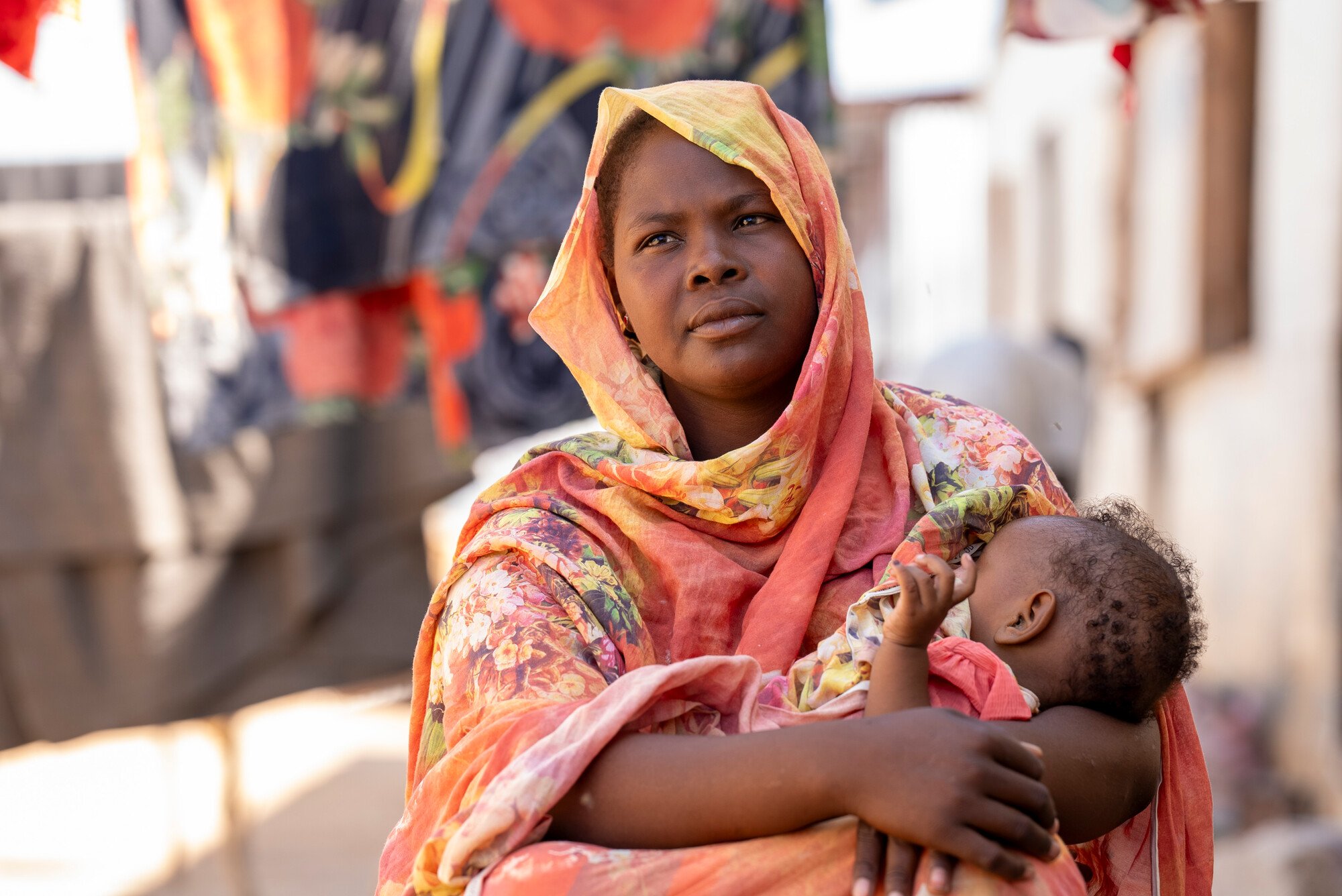Joanna Manu did not expect to get arrested when she went to work one morning last year. "I was in my fields preparing them for planting when mine security and police came and arrested me for encroaching on their land," she said some months later. It was an aggressive move to intimidate farmers in the mine zone controlled by Golden Star Resources and its Bogoso Mine. The mine needed the land for digging pits to reveal ore laden with gold, as well as space to dump all the earth and rocks from the pits.
Farmers in this area are typically informed that the government has conceded their land to the mine and that there is nothing they can do about it. Joanna knew better. "I know my rights, and I knew the law would take its course," she said.
Manu had attended a training session with Oxfam America's partner WACAM, where she learned that farmers can only be removed from their land if they have been compensated for it. This helped her make a strong argument. "I told the court that I was there before the company came and that it had not compensated me. So the company has no right to push me off this land."
"And I am still farming there," Manu said, smiling just a little. "I learned this in my training, and it is thanks to this new knowledge that I could do this."
WACAM's training not only helped Manu defend her own rights and farmland, but also helped her become one of the key organizers in her community, Dumasi, a small collection of mud and concrete houses piled on the side of a hill on the road between two larger mining towns, Prestea and Tarkwa. Farmers line the road selling tomatoes and yams as trucks and cars blast past in the dust and heat. The forest looms over Dumasi; dark green surrounds the hardwood trees and small fields that farmers hack out of the dense brush.
Open-pit gold mining has had serious negative effects ranging from housing damage caused by the explosives used to blast apart the pit to reveal ore, just over 300 yards from the village, to pollution of the local drinking water source, the Aprepre River, in 2004 and 2006. Again, training from WACAM has helped Manu and her neighbors push the company to respect their rights and its obligations.
After the mine spilled cyanide into the stream in 2004, Manu and her father immediately collected water samples and dead fish, and sent them to WACAM and Ghana's Environmental Protection Agency (EPA). "WACAM taught us that cyanide is extremely poisonous, but that exposure to the sun reduces its toxicity," Manu explained. "Usually when we complain to the EPA they take 10 days to come here, so that is why we had to get the samples right away." WACAM helped secure medical care for sick villagers and convened a press conference so the villagers could pressure the company to clean up the mess and compensate people affected by the poison. WACAM and another legal aid organization funded by Oxfam America, CEPIL, helped the citizens of Dumasi take the company to court, and they are awaiting a decision.
Efforts like this have helped the people of Dumasi force the company to halt the blasting that hurled rocks into their houses and cracked their foundations. For now the mining has stopped while the company tries to relocate the village—but first it has to negotiate a deal with a group of citizens who will no longer allow the government and mining company to take advantage of them.
The training WACAM provided for the people of Dumasi has helped them defend their rights, but it is also changing the way they think about themselves and others. Manu realized that she can be a leader, someone who can make a difference in her village and the world. "After this training, I can see how important education is, so I am enrolled in school," she said. "I want to be a political leader, maybe a member of parliament."
Manu's motivations and sense of responsibility go well beyond her village. "I see fellow human beings as I see myself, and if they can't defend their rights, then I have to help them," she said. "I am saving humanity."




